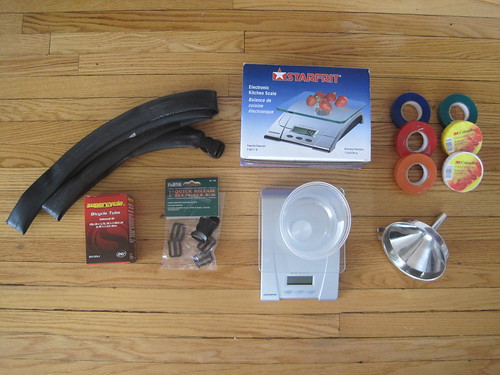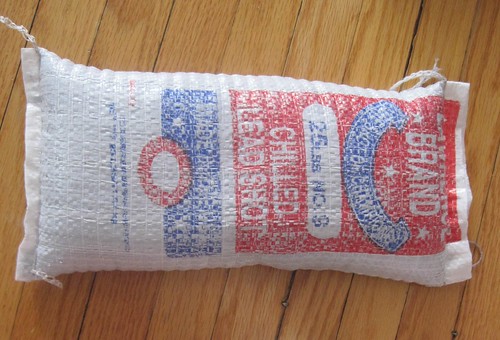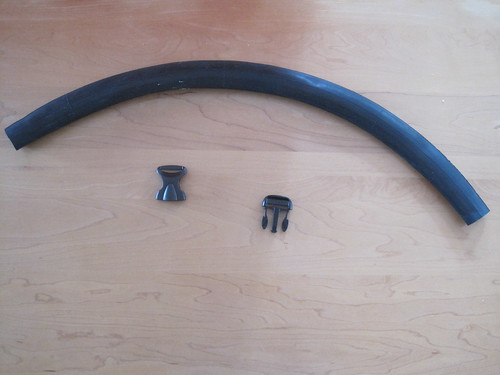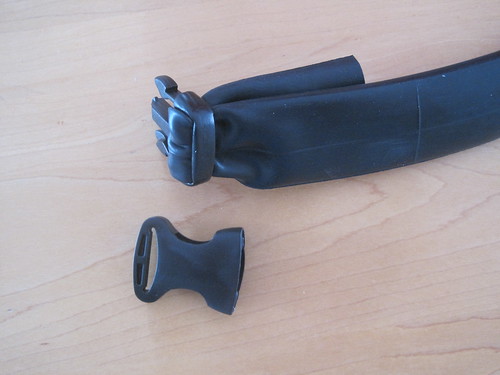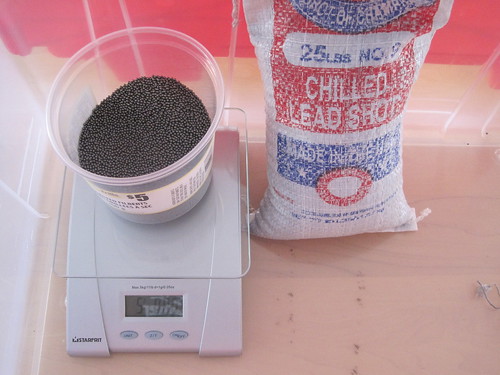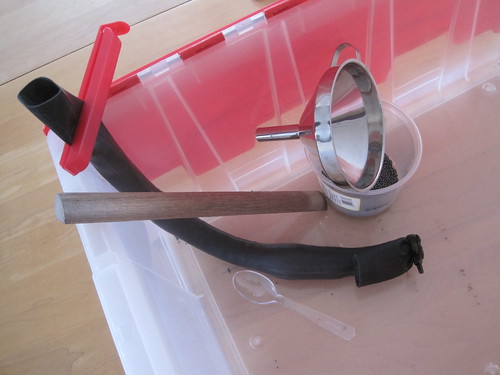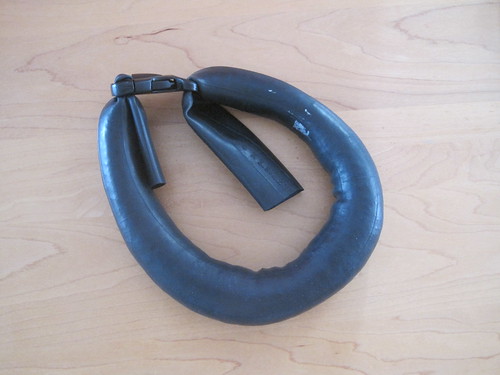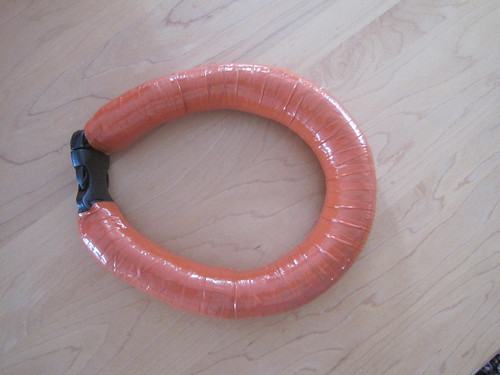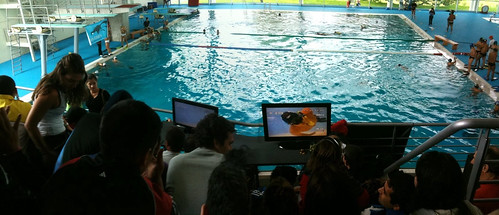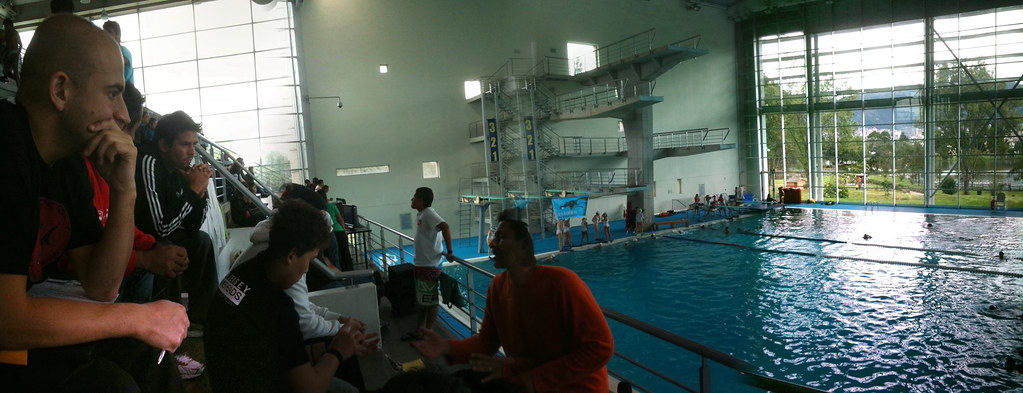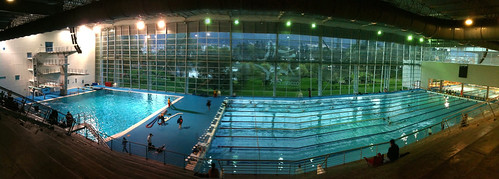Since there’s a couple of competitions coming up in the near (and not-so-near) future, and since our freediving club is constantly growing, I wrote this little “essay” inviting newcomers to the sport (and those who may be a bit skeptical going into competitions) to participate in them. This is essentially based on my own personal experiences as a freediver. Hope you guys find it insightful and I hope it clears up some (if any) misconceptions.
I know – the idea seems pretty daunting, signing up for competition where there’s bound to be people who’ve been freediving for much longer than yourself, whether competitively or not. The intimidation worsens when you think of competing on a national level, alongside record-holders. It’s pretty easy to psyche yourself out and think you might not be up to scratch. However, I’m not writing this to point out how intimidating freediving in a competitive setting can be – I’m writing this to tell you why it shouldn’t stopyou, because the fact of the matter is, you are your own worst critic and you have only yourselfto stop you; when you dive, you shouldn’t be diving for anyone but yourself. That’s something I’m still trying to convince myself of, but I’m definitely getting there.
What I havelearned already (and pretty early on), however, is that the freediving community is a great support system. No one ridicules your ability to freedive and that’s true of the competitions as well. You do your best, and if you’ve gone beyond what you normally do, congratulations! If not? Well, you’ve done what you could and now you know what to do next, in order to do better the next time. Believe me when I say that theory has been tested. During my first Nationals competition in Monrteal, I forgot to put on my mask for the DYN category, which resulted in my swimming practically to the other end of the pool blind and diagonally, on what would have been a collision course with the freediver competing in the opposite lane, had I not been stopped by the Safety Divers. I was Disqualified and yes, and I felt like I’ve done something really stupid… but no one pointed fingers and laughed at me about it; in fact, I got a few thanks, even, for showing that such a thing were possible. I wasn’t even given a chance to feel embarrassed, with how nicely it was taken. The year after that (armed with a mask this time), I swam 76 meters in DYN, even though I’d managed to swim “100” in the pool during Monday practice. A freediver came up to me and asked how I did and whether or not that was a Personal Best. I told him I’ve done better in practice. He told me something along the lines of “It happens, don’t worry about it” because competitions are finicky things, sometimes – you’ll do great in practice, but the stress during a competition might get to you and you won’t do as well.
That’s not necessarily a bad thing, because it gives you something to work with and towards for the next time. As far as the number of metres you’re able to swim goes, that’s in all honesty your own concern – if you choose to worry about it (which, when you do, you actually aren’t really helping yourself). You just have to try your best and swim and stop fretting over how you’re going to do (unless, of course, you’re going for a record!). That’s it. No one’s going to give you a hard time about how much you’ve swam or how much you didn’t.
Everything in freediving is a learning experience.
One of the things I realized with competitions is that they are meant to be fun first and foremost; a gathering of people from different cities (and provinces), united by a common interest – freediving. Yes, hard work is required if you want a good result when it comes to the actual competing part, but you should be enjoying what you are doing as well. You go to practice because you want to, right? Not because you haveto, or are forcedto against your will. What’s great about competitions is that you’re able to meet with new (in the sense that you haven’t met them yet) freedivers, who will likely have something helpful to say, whether it be some kind of constructive feedback, or trying out a new technique, or finding the solution to a common or shared issue. There’s any number of things you could learn from experienced and fellow freedivers.
So I say that competitions shouldn’t be seen as brick walls standing in your way, but rather as stepping stones. They’re fun and you most definitely would learn something new that would help you along the way. They’re a way of putting yourself out there, regardless of ability, and you will receive nothing but positive reinforcement for your efforts. Just keep swimming.
Yaroslava Timoshenko

